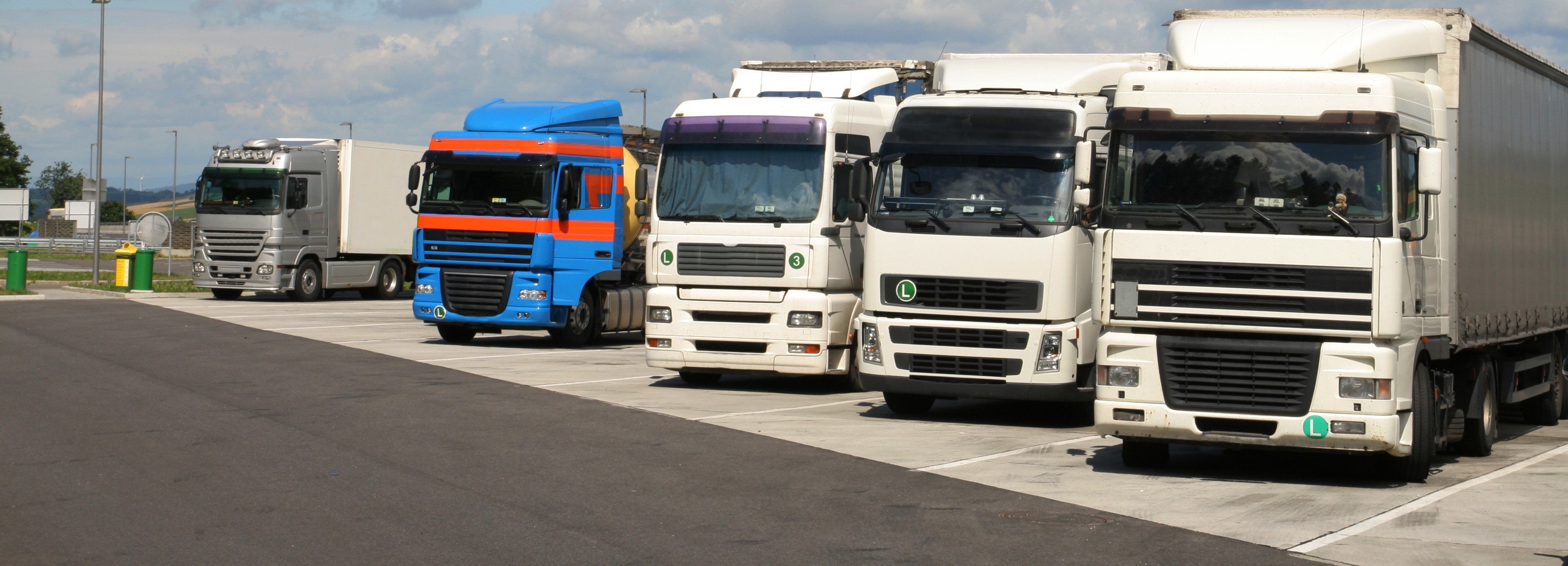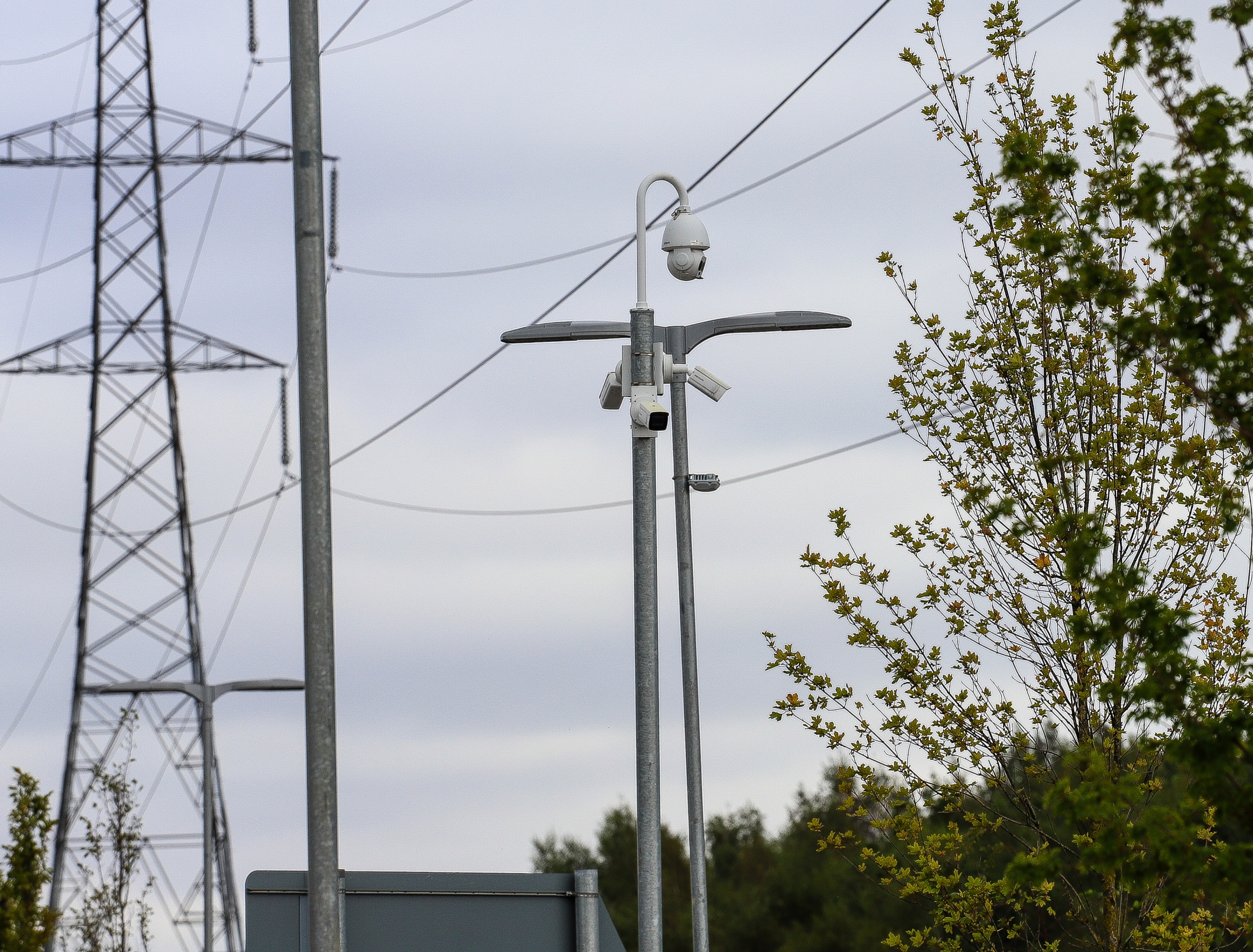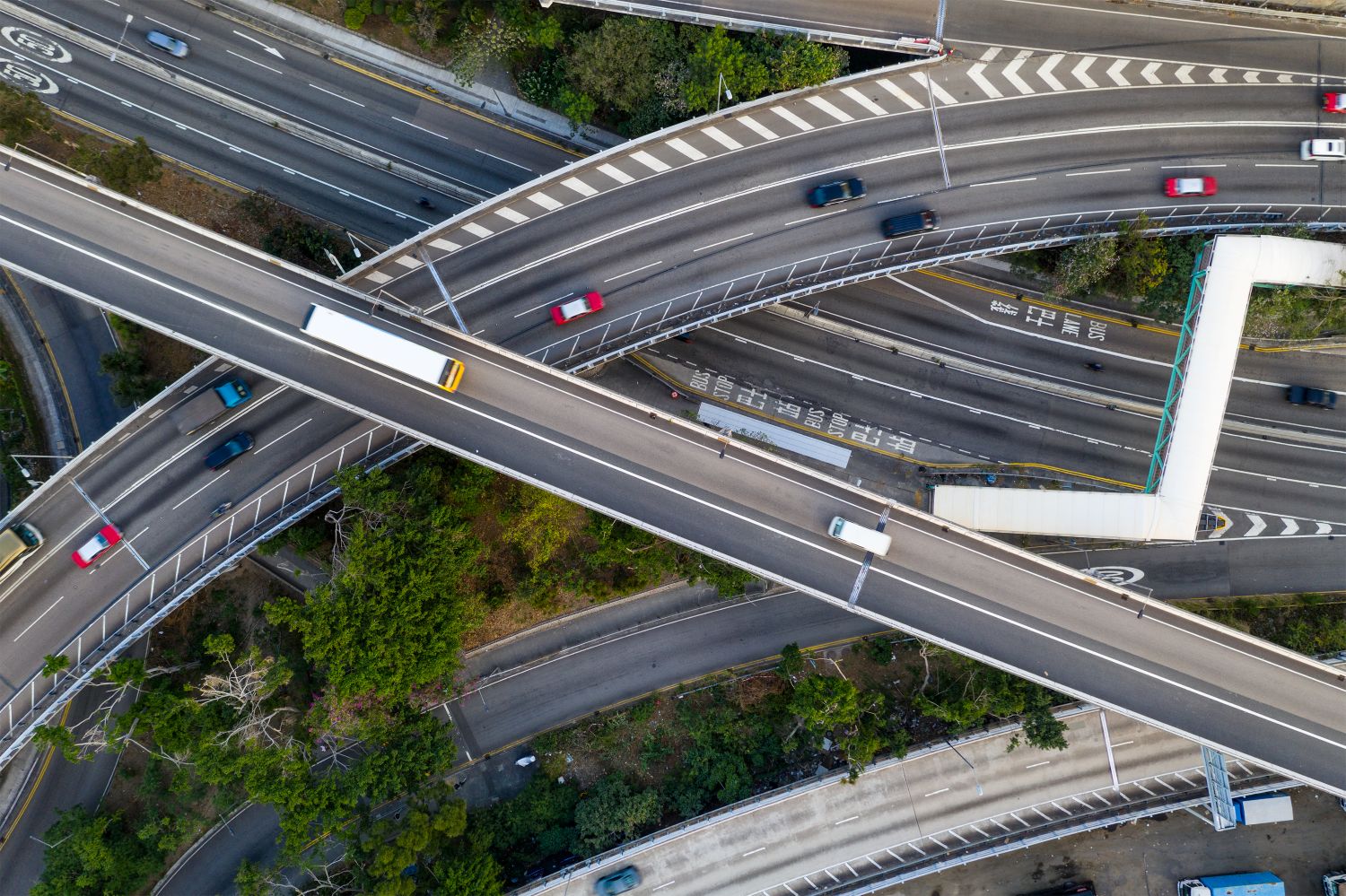
Miranda Blake
Что считается "охраняемой стоянкой для грузовиков"? Водители высказывают свое мнение
Создано: 09.12.2024
•
Обновлено: 09.12.2024
Одна из самых больших проблем, с которой сталкиваются водители, - поиск безопасных стоянок. Опрос, проведенный отраслевой организацией [https://d3cez36w5wymxj.cloudfront.net/wp-content/uploads/2024/11/04184443/Lorry-Driver-Facilities-Survey.pdf], показал, что многие считают, что безопасность на стоянках для грузовиков не соответствует удовлетворительным стандартам.
Давайте рассмотрим различные аспекты, способствующие обеспечению безопасности парковки грузовиков с точки зрения водителей, изучим основные меры и удобства. Кроме того, мы рассмотрим общую обстановку, способствующую формированию чувства защищенности.
Роль парковки грузовых автомобилей в логистике
Дальнобойщикам необходимо парковаться, чтобы соблюдать строгие правила, касающиеся времени отдыха. Кроме того, им требуются места, где они могут отдохнуть, заправиться и освежиться, не опасаясь [взлома или вандализма] (https://snapacc.com/newsroom/tips-for-keeping-your-vehicle-secure-protecting-your-truck-from-theft/). Поскольку около 81 % грузов перевозится автомобильным транспортом, спрос на охраняемые стоянки для грузовиков действительно имеет решающее значение для успеха отрасли.
Неадекватные меры могут привести к серьезным последствиям, включая кражу груза, повреждение автомобиля и проблемы с личной безопасностью. Из-за этого водители часто выражают недовольство - это может удерживать их от перерывов и в конечном счете сказывается на их работе на дороге.
Основные меры
Основополагающим аспектом безопасной парковки грузовиков является установка физических барьеров. Надежные ограждения по периметру жизненно важны для предотвращения несанкционированного доступа. Необходимы контролируемые въезды и выезды, например, ворота, для доступа к которым требуется ключ-карта или код. Такие меры значительно снижают вероятность вторжения и повышают общую безопасность.
Эффективное освещение также крайне важно. Хорошо освещенные участки препятствуют преступной деятельности и дают водителям чувство защищенности и уверенности при передвижении по стоянке грузовиков, особенно в ночное время.
Комплексное видеонаблюдение - еще один важный аспект. Камеры видеонаблюдения должны охватывать всю парковку, обеспечивая постоянный мониторинг и запись происходящего. Многим дальнобойщикам важно знать, что их автомобили и груз находятся под круглосуточным наблюдением, так как это может стать эффективным сдерживающим фактором для потенциальных преступников.
Присутствие обученного персонала службы безопасности добавляет дополнительный уровень защиты. Охранники могут оперативно реагировать на инциденты, оказывать помощь и поддерживать видимое присутствие, что повышает общее ощущение безопасности. Дальнобойщики часто чувствуют себя спокойнее, зная, что на объекте работают профессионалы, способные решить любые возникающие проблемы.
Наличие легкодоступных систем экстренной связи имеет ключевое значение - в автомобиле должны быть установлены блоки экстренного вызова или переговорные устройства, которые позволят водителю быстро связаться с охраной или кризисной службой в случае необходимости. В отдаленных районах, где немедленная помощь может быть недоступна, эта функция особенно важна.

Дополнительные возможности
Чистые и ухоженные туалеты и душевые также высоко ценятся, особенно во время длительных поездок. В отношении этих объектов следует принять меры, чтобы они были заперты и находились под наблюдением - это не только повысит комфорт водителя, но и будет способствовать общему чувству безопасности.
Хотя это и не имеет прямого отношения к безопасной парковке грузовиков, дополнительные удобства могут значительно повысить общий уровень комфорта на стоянке. Такие удобства, как возможность заказать еду и напитки, доступ к WiFi и электричество для прицепов-рефрижераторов, делают парковку более уютной. Базовые услуги по техническому обслуживанию также могут быть полезны, позволяя дальнобойщикам решать мелкие проблемы, не покидая территорию.
Создание лучшей среды
Охраняемая стоянка для грузовиков также должна эффективно заботиться о водителях. Многие из них поделились, что чувствуют себя недооцененными в некоторых местах, что может негативно сказаться на их опыте. Те, где к водителям относятся с уважением и создают дружескую атмосферу, способствуют повторным посещениям и укрепляют лояльность.
Инвестиции в обучение персонала крайне важны для улучшения ситуации. Сотрудники должны понимать уникальные потребности дальнобойщиков и знать, как обеспечить отличное обслуживание клиентов.
Решение проблем водителей
Важно знать, что женщины-водители, составляющие небольшой процент работников грузоперевозок, часто сталкиваются с дополнительными проблемами, связанными с безопасностью. Многие женщины сообщают, что чувствуют себя небезопасно в преимущественно мужской среде, особенно когда на стоянках грузовиков отсутствуют надлежащие меры безопасности - очень важно учитывать их особые потребности и принимать меры, чтобы обеспечить им безопасность и счастье.
Еще один момент - некоторые дальнобойщики имеют особые диетические потребности. Поэтому предложение здоровой пищи и удовлетворение различных диетических потребностей может улучшить их опыт и способствовать положительному самочувствию водителей.
Будущее безопасной парковки для грузовиков
Такие инновации, как интеллектуальные системы видеонаблюдения, автоматизированные системы контроля на входе и мониторинг в режиме реального времени, могут значительно повысить эффективность мер. Автостоянки, которые инвестируют в подобные решения, имеют больше шансов привлечь больше автопарков и водителей, которые ищут безопасные варианты.
Решение проблем в этой области требует сотрудничества между различными заинтересованными сторонами, включая государственные учреждения, логистические компании и операторов парковок. Совместная работа позволит этим группам разработать комплексные стратегии, направленные на повышение безопасности и улучшение условий для дальнобойщиков.
Пропаганда изменений в политике, которые ставят во главу угла потребности водителей, имеет решающее значение для создания более безопасной среды. Отраслевые организации и группы по защите интересов могут сыграть важную роль в повышении осведомленности о важности безопасной парковки грузовиков и продвижении законодательных изменений, поддерживающих улучшение инфраструктуры.
Найти безопасные услуги
В компании SNAP мы уделяем первостепенное внимание безопасности водителей и помогаем автопаркам в этом с помощью нашего специализированного подразделения Access & Security. От камер и программного обеспечения ANPR до платежных терминалов, от шлагбаумов до въездных систем и систем камер видеонаблюдения - мы создадим все для наилучшей защиты водителей, транспортных средств и грузов для автостоянок, MSA, автобаз и т. д.
Вы можете узнать больше о SNAP Access & Security здесь, а также ознакомиться с другими нашими услугами (например, парковкой и мойкой) на SNAP website.



